Mega water project far from taking off
Proposed cost doubles as inaction, delays mar Ghazi Barotha project
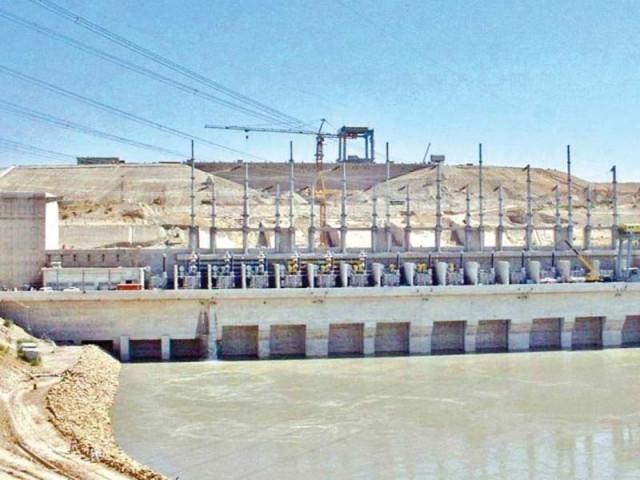
The Ghazi Barotha water supply project, long touted as the solution to the water needs of the residents of the twin cities by the Capital Development Authority (CDA), remains mired in the briefings, presentations and discussions stage. The delay comes as experts raise alarm over depleting water tables and increasing water consumption.
The Ghazi Barotha project – the most important and long-term project for supplying 200 million gallons of water per day to the twin cities from the Indus River – has been in the works for over 15 years, with the cost of the proposed project ballooning to Rs150 billion from the Rs72 billion. The project envisions providing 600 million gallons per day (MGD) to the twin cities after its completion in three phases.
The project was proposed by the Water and Sanitation Agency (Wasa) under the annual development programme for the current financial year. However, the Punjab government didn’t approve it.
This was despite the twin cities facing acute water shortage while development and construction continues at a rapid pace.
Read Completion of key projects increases water storage
At present, Rawalpindi was said to be facing a water shortfall of 17 MGD, which was said to increase to 140 MGD by 2050.
It was estimated that Rawalpindi would face a shortage of 100 MGD even after the completion of ongoing projects of Chahan and Daducha dams.
The Ghazi Bharotha water supply project would meet that shortfall.
The project would include a 24-km water pipeline from Ghazi Barotha to the water treatment and storage site at Sangjani.
Meanwhile, water experts have raised the alarm over depleting levels of groundwater. They said tube wells that were currently pumping water will struggle as the water tables deplete further. It would also become expensive due to rising electricity tariffs.
Read more Water projects presented to Turkish consultants
It has been stated that in the presentations given regarding the Ghazi Bharuta Water Supply Project that the water obtained from this project will be clear and free from all kinds of pollution.
Among the project’s proposed outcomes is the removal of tubewells installed in the twin cities upon its completion. The twin cities would no longer be dependent on existing water sources such as Rawal Dam, Khanpur Dam and the ongoing projects of Chahan Dam and Daduchcha Dam. The water from the project would pass through filtration plants, the proposal stated.
Sources said that the construction of the Ghazi Barotha project has become inevitable for the twin cities as the supply from Khanpur, Simli and Rawal dams is not enough to fulfil the actual requirement. Moreover, the continuously decreasing water table has made supplying water from underground sources an expensive exercise for the government.
Published in The Express Tribune, November 28th, 2023.


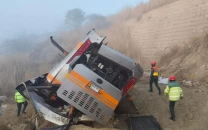


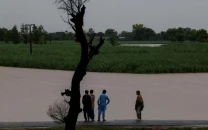
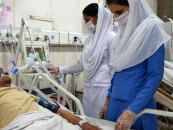





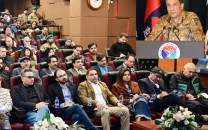






COMMENTS
Comments are moderated and generally will be posted if they are on-topic and not abusive.
For more information, please see our Comments FAQ